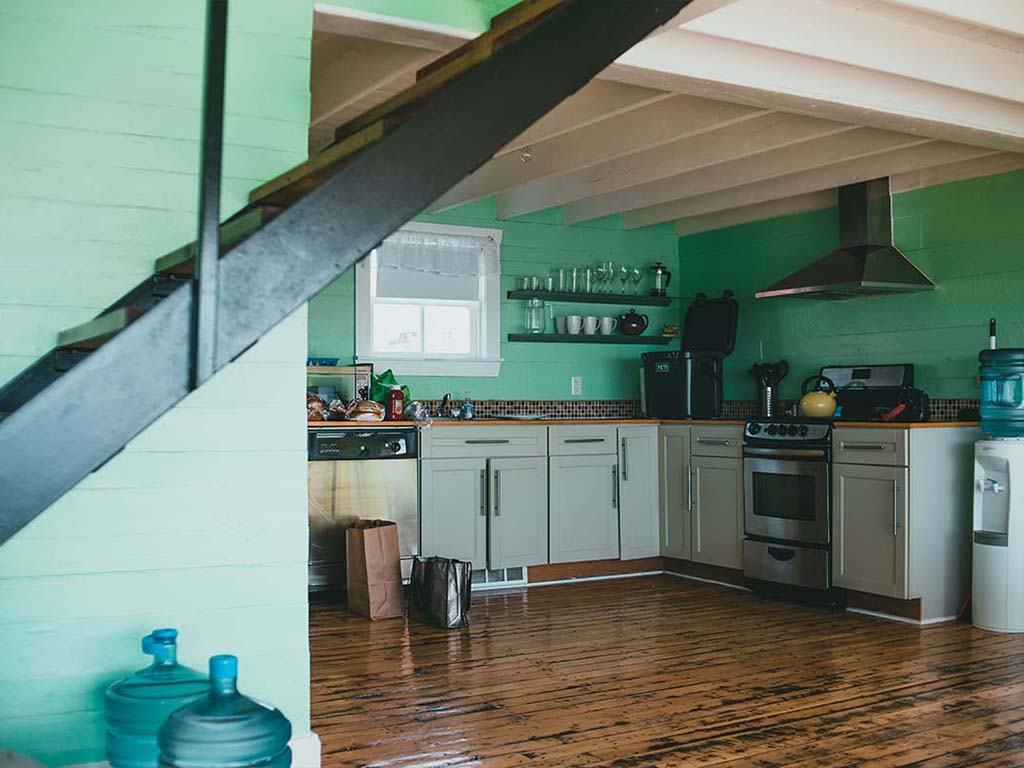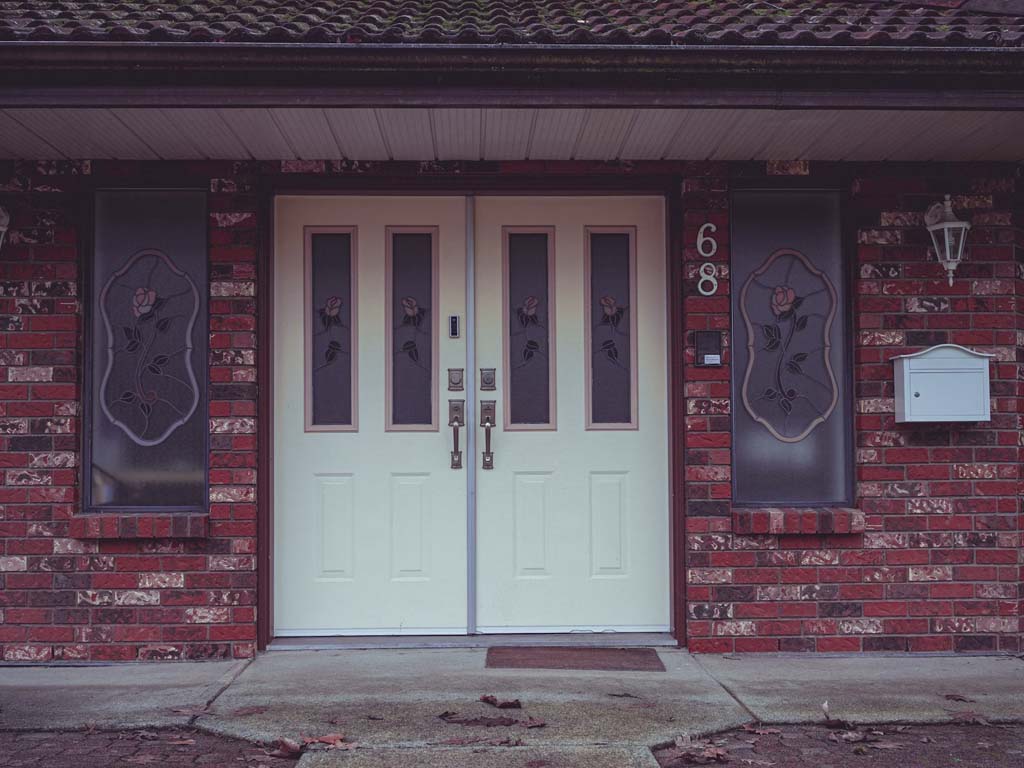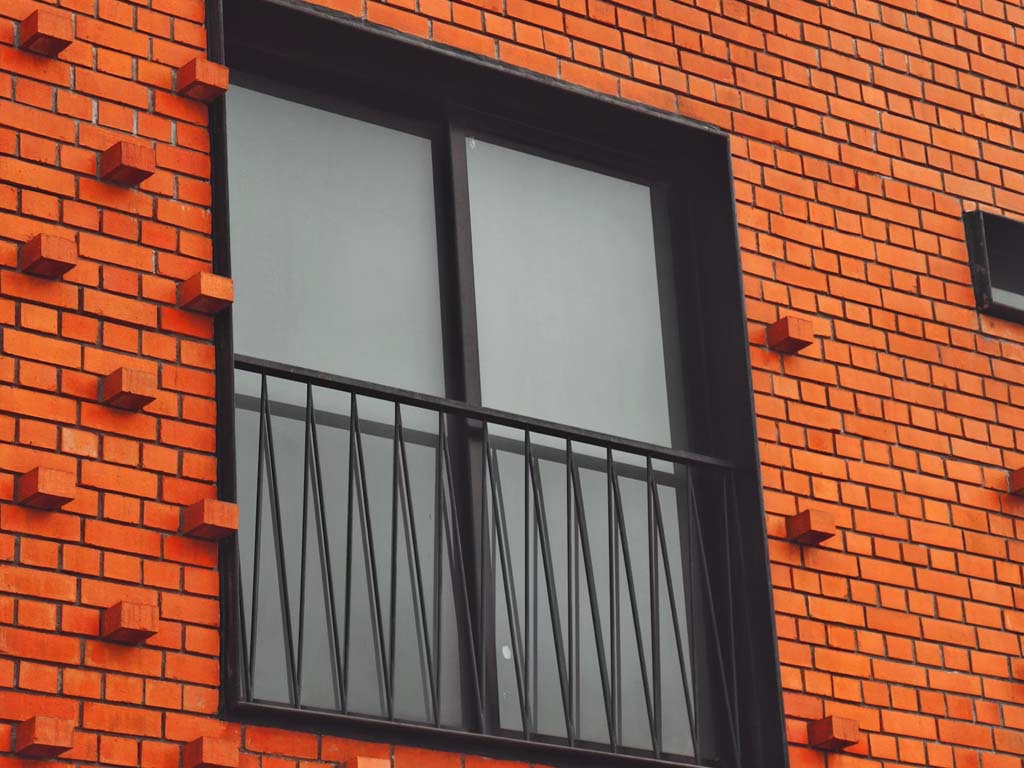Owning a home is a significant financial investment, and maintaining it properly is key to preserving that investment. Regular home maintenance not only ensures that your living environment stays safe, comfortable, and beautiful, but it also saves you money in the long run. By staying on top of simple maintenance tasks, you can prevent costly repairs, improve energy efficiency, and increase the longevity of your home’s systems and appliances. In this guide, we’ll explore how regular maintenance can help you save money and provide practical tips to get started.
Why Regular Home Maintenance Saves Money
The importance of regular home maintenance cannot be overstated. Homes are complex systems with numerous components—plumbing, electrical, HVAC, roofing, and more—that require ongoing care. Neglecting small problems can lead to bigger, more expensive issues down the line. Here’s how regular maintenance helps you save money:
1. Prevents Expensive Repairs: A small leak or faulty electrical wiring may seem like no big deal, but if left unchecked, these issues can turn into major repairs that cost thousands of dollars. Fixing minor issues early prevents the need for major, costly repairs.
2. Increases Energy Efficiency: Properly maintaining your home’s systems, such as your HVAC or insulation, helps your home run more efficiently. When appliances and systems work well, they use less energy, which translates to lower utility bills.
3. Extends the Life of Your Home’s Systems: Regular maintenance helps extend the life of appliances, HVAC systems, plumbing, and roofing. By keeping these systems in good shape, you avoid the high costs of premature replacement.
4. Improves Home Value: Keeping up with maintenance can increase the value of your home if you decide to sell in the future. A well-maintained home is more appealing to buyers and often results in a higher sale price.
Now that we understand the benefits, let’s look at specific maintenance tasks that can help you save money.
1. HVAC System Maintenance
Your heating, ventilation, and air conditioning (HVAC) system is one of the most essential components of your home, particularly when it comes to energy efficiency. If it’s not properly maintained, your system will have to work harder to keep your home comfortable, leading to higher utility bills.
Maintenance Tips for Saving Money:
– Change Air Filters Regularly: Dirty air filters restrict airflow and force your HVAC system to work harder, using more energy. Replace filters every 1-3 months to keep your system running efficiently.
– Clean the Ductwork: Dust, dirt, and debris can accumulate in your ductwork, reducing air quality and causing the system to work harder. Have your ducts cleaned regularly to maintain efficiency.
– Schedule Annual Inspections: Hire a professional to inspect and service your HVAC system once a year. Regular tune-ups can identify small issues before they become expensive problems, such as refrigerant leaks or faulty components.
– Check Insulation: Ensure that your home is properly insulated, particularly around windows, doors, and ducts. A well-insulated home helps your HVAC system maintain temperature more efficiently, reducing energy usage.
Estimated Savings: According to the U.S. Department of Energy, maintaining your HVAC system can save you 5-15% on your energy bill each year.
2. Roof and Gutter Maintenance
The roof is your home’s first line of defense against the elements. Neglecting roof and gutter maintenance can lead to leaks, water damage, and expensive repairs. Clogged gutters can also lead to poor drainage, which can cause foundation damage.
Maintenance Tips for Saving Money:
– Clean Gutters Regularly: Leaves, twigs, and debris can clog gutters, preventing water from draining properly. Clean gutters at least twice a year (spring and fall) to ensure proper water flow and prevent costly water damage.
– Inspect the Roof: Check your roof for missing shingles, cracks, or signs of wear. If you notice any damage, address it immediately to prevent leaks and structural issues.
– Trim Overhanging Branches: Trees near your home can drop leaves and branches on your roof. Trim branches that hang over your roof to prevent debris buildup and reduce the risk of damage.
– Check for Moss or Algae Growth: If you live in a damp area, moss or algae can accumulate on your roof, leading to damage over time. Use a moss-removal product or have a professional clean your roof to prevent this.
Estimated Savings: Preventing roof leaks and water damage can save you thousands of dollars in repair costs. Roof repairs or replacements can range from $300 to $10,000 depending on the extent of the damage.
3. Plumbing Maintenance
Plumbing problems are often sneaky, starting with small leaks or clogs that escalate into major issues. Fixing minor plumbing problems early can save you from expensive repairs caused by burst pipes or water damage.
Maintenance Tips for Saving Money:
– Fix Leaks Promptly: Leaky faucets or pipes may seem insignificant, but over time they waste water and increase your water bill. Address leaks quickly to avoid wasting water.
– Inspect Pipes for Corrosion: Look for signs of corrosion or leaks around your pipes. If you notice any issues, call a plumber to address them before they worsen.
– Flush Water Heater Regularly: Sediment buildup can reduce the efficiency of your water heater, making it work harder and use more energy. Flush your water heater once a year to remove sediment and keep it running efficiently.
– Winterize Pipes: In cold climates, unprotected pipes can freeze and burst during the winter. Insulate exposed pipes and allow faucets to drip slightly to prevent freezing.
Estimated Savings: Fixing leaks can save you up to 10% on your water bill, while regular water heater maintenance can extend its lifespan and save you hundreds of dollars on energy bills.
4. Electrical System Maintenance
Electrical issues can be both dangerous and expensive. Regularly maintaining your home’s electrical system ensures that everything is functioning safely and efficiently, which can save you from costly repairs or safety hazards.
Maintenance Tips for Saving Money:
– Check for Faulty Wiring: Regularly check your outlets, switches, and cords for any signs of wear, damage, or fraying. Replace or repair any faulty wiring to prevent costly damage or fires.
– Upgrade Your Electrical System: If your home is older and the electrical system is outdated, consider upgrading it to accommodate modern appliances and electronics. This can help reduce energy waste and prevent overloads.
– Use Energy-Efficient Lighting: Switch to LED bulbs, which use less energy and last longer than traditional incandescent bulbs.
Estimated Savings: Updating your home’s electrical system can lower your energy consumption by up to 10%, and switching to energy-efficient lighting can save you about $75 annually for every 10 bulbs you replace.
5. Appliance Maintenance
Appliances like your refrigerator, dishwasher, washing machine, and dryer are essential to your daily life. Regular maintenance ensures they run efficiently, reducing the need for repairs and extending their lifespan.
Maintenance Tips for Saving Money:
– Clean Refrigerator Coils: Dust and debris on the coils of your refrigerator make it work harder, consuming more energy. Clean the coils every 6-12 months to keep your fridge running efficiently.
– Run Full Loads in the Washer and Dishwasher: Running appliances with full loads reduces the number of cycles needed, saving both water and energy.
– Clean the Dryer Vent: A clogged dryer vent can cause your dryer to work inefficiently, leading to higher energy consumption and even fire hazards. Clean the vent at least once a year.
– Maintain the Dishwasher: Clean the filter and check the spray arms for clogs. This ensures that your dishwasher runs smoothly and avoids costly repairs.
Estimated Savings: Proper appliance maintenance can save you up to 30% on energy bills, especially when it comes to appliances like refrigerators, dryers, and dishwashers.
6. Lawn and Garden Maintenance
While lawn care may not seem like a major money-saver, maintaining your garden and yard properly can help reduce the need for expensive landscaping services and prevent damage to your home.
Maintenance Tips for Saving Money:
– Water Your Lawn Efficiently: Use a sprinkler system that targets your lawn, and avoid over-watering. Watering early in the morning or late in the evening reduces water evaporation and saves money on your water bill.
– Maintain Your Lawn Equipment: Keep your lawnmower, trimmer, and other equipment in good working condition by regularly changing the oil, cleaning the filters, and sharpening the blades. Well-maintained equipment runs more efficiently, saving you money on repairs.
– Mulch Your Garden: Mulching helps retain moisture in the soil, reducing the need for frequent watering. It also helps keep weeds at bay, reducing the need for herbicides.
Estimated Savings: Proper lawn care can reduce water usage by 20-30%, and maintaining your equipment can prevent costly repairs or replacements.
Conclusion
Regular home maintenance is an investment that pays off in the long run. By staying proactive with tasks like HVAC system tune-ups, roof inspections, plumbing checks, and appliance care, you can save a significant amount of money on repairs and energy bills. Not only does regular maintenance help preserve the value of your home, but it also provides peace of mind knowing that your home is safe, functional, and cost-effective. Keep a maintenance schedule, stay on top of small repairs, and your wallet (and home) will thank you.










